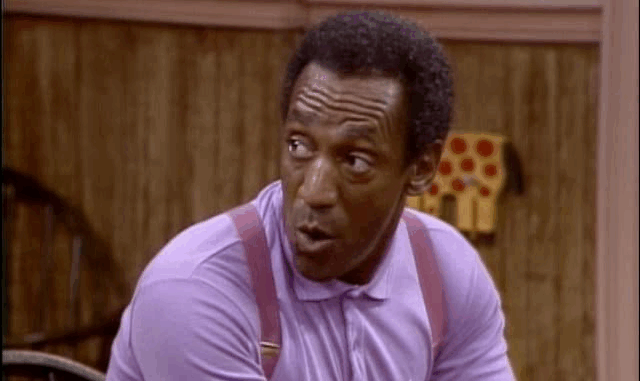
When The Cosby Show premiered on NBC in 1984, it didn’t just entertain — it made history. For eight seasons, the sitcom reshaped American pop culture and challenged preconceived notions of race, class, and family life on national television. Its legacy, though now debated, remains a cultural milestone in the evolution of TV storytelling.
Redefining Representation in Mainstream Media
Before The Cosby Show, few American sitcoms offered a multi-dimensional portrayal of Black family life. The Huxtables weren’t defined by struggle or hardship, but by success, intelligence, and humor. Dr. Cliff Huxtable and his wife Clair were not only loving parents but also accomplished professionals, raising their five children in a brownstone in Brooklyn, New York.
This portrayal offered an alternative narrative — one that celebrated Black excellence and middle-class success — and it resonated with audiences of all backgrounds. At its peak, the show was viewed by over 30 million households weekly, making it a unifying force in an often divided media landscape.
Educational and Social Value
The Cosby Show did more than entertain. It educated. Episodes tackled topics ranging from dyslexia and adolescence to college education and family values — all delivered with warmth, humor, and heart. The show often referenced historically Black colleges and universities (HBCUs), directly influencing increased enrollment at institutions like Howard and Spelman.
It also subtly promoted gender equality, with Clair Huxtable portrayed as a strong, articulate, and independent career woman — a progressive image for 1980s television.
A Catalyst for Change in Hollywood
The show’s unprecedented success created space for more diverse stories in Hollywood. It proved that shows led by Black actors could achieve both critical acclaim and commercial success. Without The Cosby Show, it’s unlikely that later cultural staples like Living Single, A Different World, or Black-ish would have emerged so prominently.
More importantly, it normalized the idea that Black-led stories belonged in prime time — not as exceptions, but as part of the mainstream.
Controversy and the Conversation Around Legacy
In the 2010s, The Cosby Show’s image suffered greatly due to Bill Cosby’s criminal convictions and allegations from numerous women. These developments forced audiences to reconsider the show’s place in cultural history.
For some, the scandal overshadowed its achievements. For others, the show’s positive impact — particularly in terms of representation and social influence — stands on its own. This dichotomy has sparked important conversations about separating art from the artist and evaluating legacies in full context.
Final Thoughts
The Cosby Show was a cultural game-changer. It opened doors, shifted narratives, and created a template for inclusive storytelling on television. While its legacy is now layered with complexity, the show’s role in shaping modern media cannot be denied.
Its influence lives on — in the voices it empowered, the stereotypes it dismantled, and the generations it inspired.
